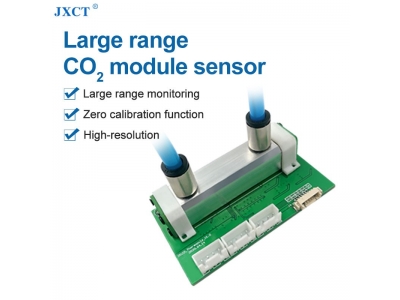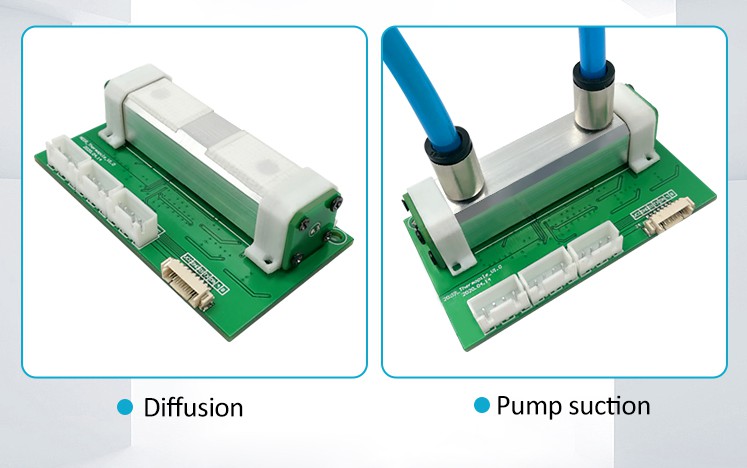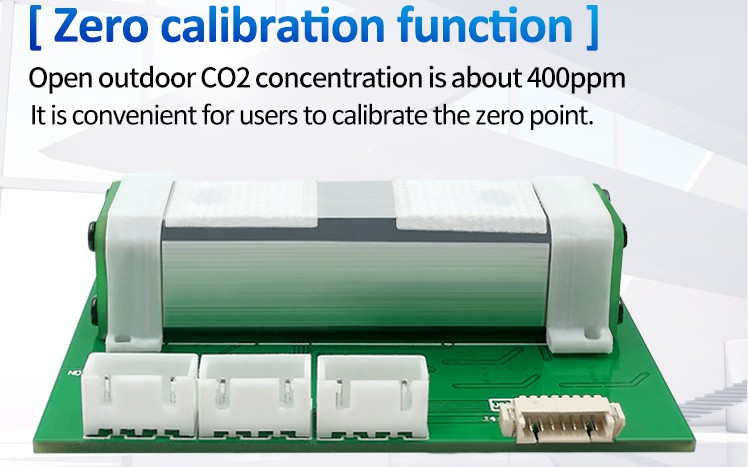
How Do NDIR CO2 Sensors Work?
Improvements in NDIR-based CO2 sensors make them the most common solution for measuring CO2 concentrations, with higher accuracy over extremely wide ranges, up to 100% by volume.

Improvements in NDIR-based CO2 sensors make them the most common solution for measuring CO2 concentrations, with higher accuracy over extremely wide ranges, up to 100% by volume.
Carbon dioxide is usually detected using non-dispersive infrared (NDIR) or electrochemical gas detection techniques. Improvements in NDIR-based CO2 sensors make them the most common solution for measuring CO2 concentrations, with higher accuracy over extremely wide ranges, up to 100% by volume.
Measuring carbon dioxide is important in monitoring combustion processes, environmental carbon dioxide emission levels, indoor air quality, lung function during medical procedures, and in a wide range of applications in many industrial sectors including agri-food, pharmaceutical, brewing, beverage and refrigeration.

NDIR CO2 sensors monitor and detect for the presence of carbon dioxide based on the absorption of infrared light at a specific wavelength.
An NDIR gas sensor comprises an infrared source, a light tube, a bandpass filter, and a detector. The target gas is determined through the filter wavelength choice. For CO2, the most commonly used wavelength is 4.26 µm. This wavelength is not absorbed at all by other commonly found gases or by water vapor which greatly reduces cross-sensitivities and impact to moisture and humidity.
Normal operation of an NDIR CO2 sensor involves the gas being pumped or diffused into the light tube. The electronics then measure the absorption of the characteristic wavelength of light. The amount of light absorption is converted into an electrical output that provides a parts per million (ppm) or % volume measurement. Simply put, the more light absorbed equates to more target gas molecules present which results in a lower output signal and inversely higher reported CO2 concentration.

NDIR CO2 sensors have performance advantages over other detection technologies by providing enhanced long-term stability, accuracy, and low power consumption for CO2 measurement.
JXCT is a world leader in the design and manufacturer of NDIR CO2 gas sensors. These miniature sensors can fit neatly inside compact devices with long-lasting durability and reliability to ensure consistent performance over long a service life. We offer ultra-efficient and extremely reliable NDIR CO2 sensors that respond to carbon dioxide concentrations ranging from 500 parts per million up to 100% volume.